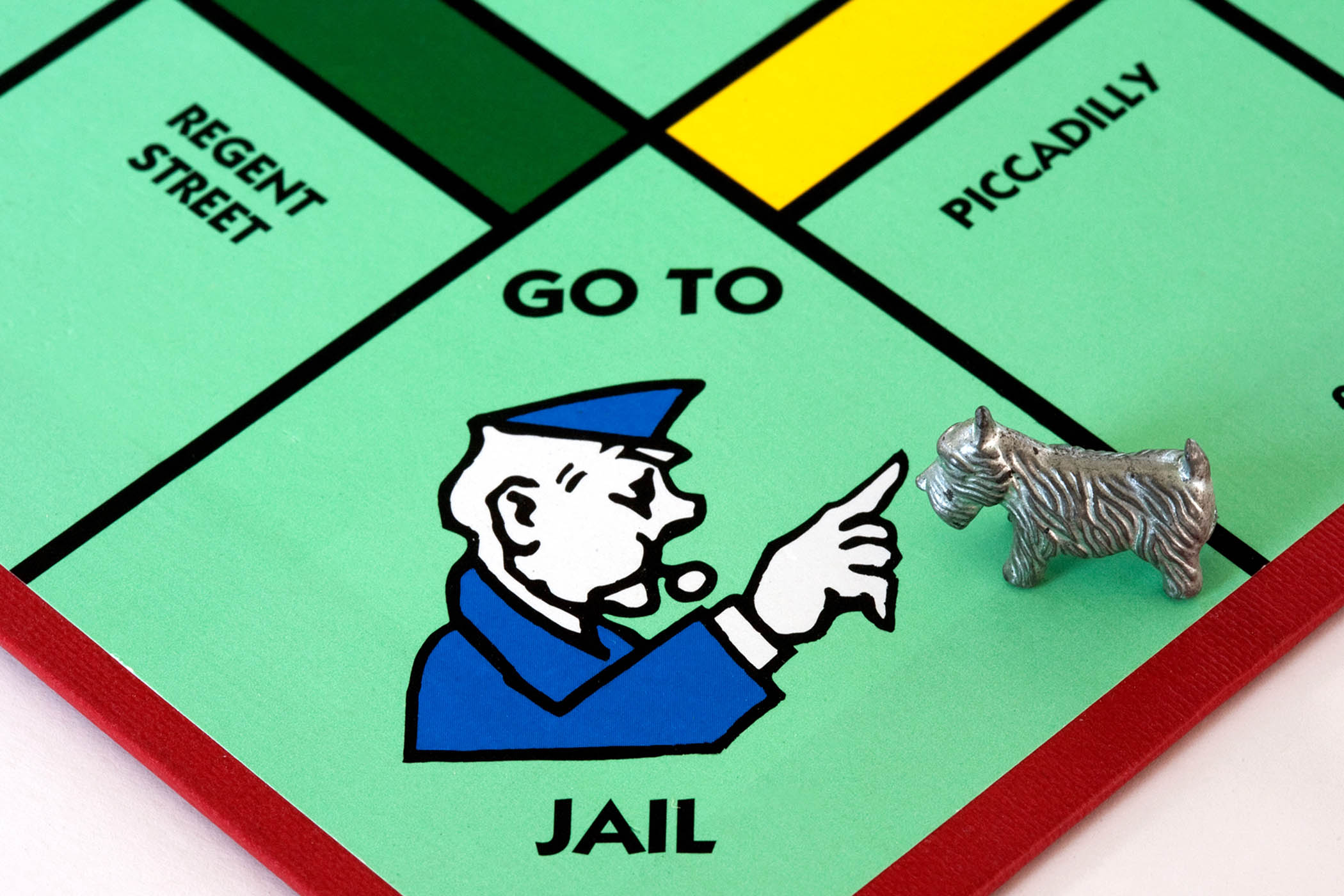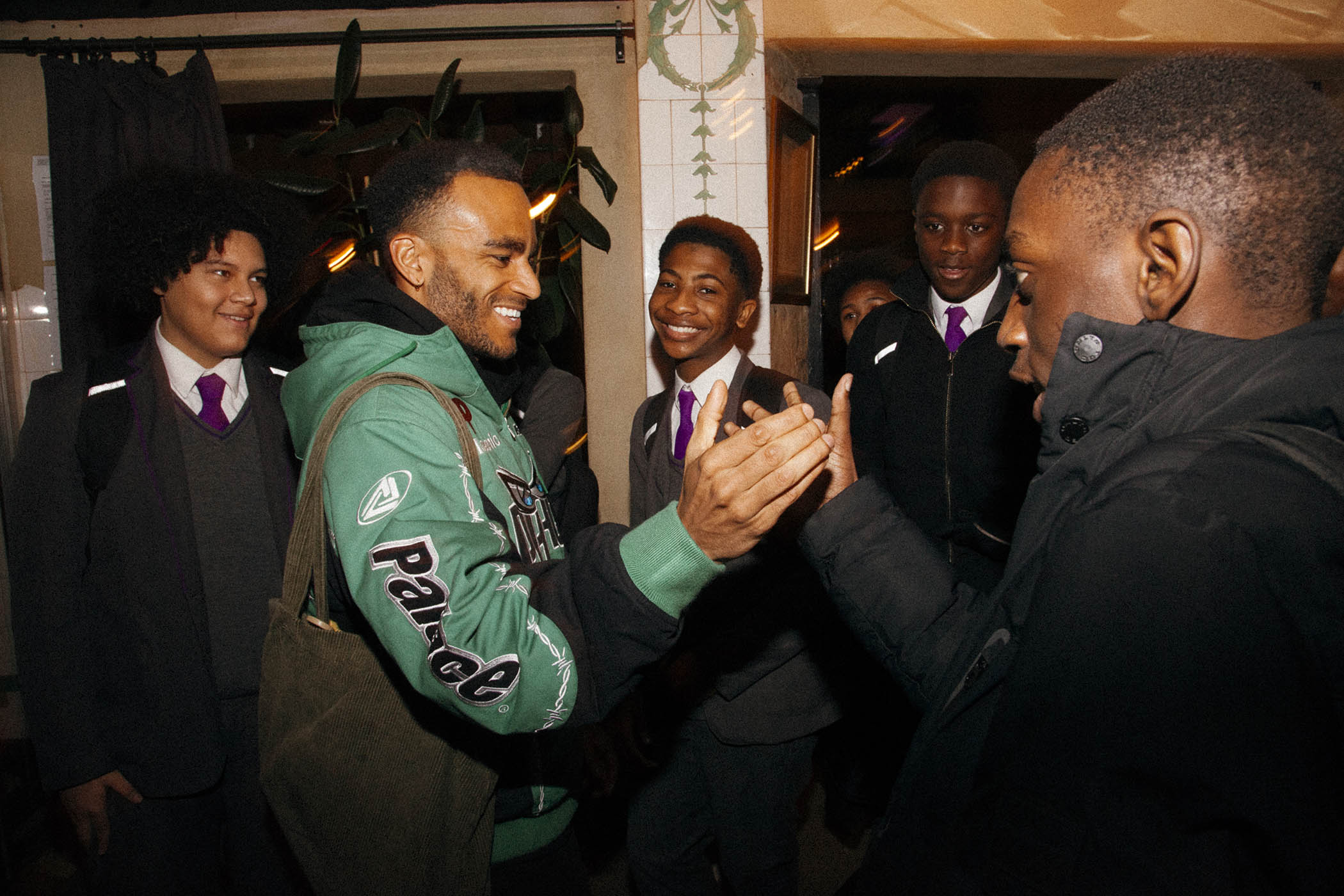“You have to be in it to win it…” is a fine slogan for a lottery or lucky dip but perhaps, I’m thinking, less applicable to the UK Mind Sports Olympiad. This 10-day festival of board games ranging from Go and chess to The Castles of Burgundy is, according to Nobel prize-winning AI pioneer and serial entrant Demis Hassabis, designed to find “the best all round games player in the world”.
I have history with the event, which this year is being held at the JW3 centre in north London. Over a decade ago, my youngest daughter and I had tried, in vain, to find anyone in Norfolk who could teach us the rules of Go. Little Mo, then 12, had discovered if we went to Robinson College in Cambridge there was a man who might be able to help. So it was, in the spirit of bonding, that we rocked up at 10.00 on a Sunday and entered a dark room containing a smattering of children reading Manga magazines, a group who had completed their A-levels before their puberty, and a couple of bearded men in sandals.
“Just in time,” said one of these elders when we arrived. “You will find your opening opponent on the spreadsheet.” And so there we were competing in the UK Go Championships before first understanding the rules. A chastening experience. Little Mo finished second last and I finished last but, such was the scarcity of players, this was sufficient to rank us as the 99th and 100th best Go players in the UK.
I wasn’t going to make that mistake again; so at the JW3 I opted for Monopoly not Go, reasoning that at least I knew the form. I had a further advantage. My late godfather, Jim Slater, had been a crash-hot financier (in the sense he was hot before he crashed spectacularly) and had played Monopoly for real money at the Clermont Club in Mayfair. So keen was Jim on Monopoly that he titled his very dense autobiography Return to Go. In it – I’ll spare you the detailed analysis – he advises buying the orange properties. I was a man with a plan.
Remembering the Mind Olympian’s fondness for punctuality, I arrive at the JW3 early and am the first competitor to enter the room. It’s just me and a woman who introduces herself as “the arbiter”. Further remembering that small talk is not encouraged, I pick up a copy of the rules, take a seat in the corner and flick through them, trying to look enigmatic.
My rivals arrive: another half-dozen teens wearing Hong Kong Mensa merch, a smattering of Hassabis scholars (whose presence is sponsored by the great man) and various beards. There are 24 of us in total. Everyone out of their teens asks the arbiter if they can open the giant window through which the sun is beating. “You can if it isn’t locked,” replies the arbiter every time. Everyone tries. It is locked every time.
I quickly discover I have received the draw from hell. I am seated at Table No 1 with the arbiter, a smart kid who claims, wildly, to have only played once before, and a seven-year-old. This is triggering, for multiple reasons. An authority figure; someone who can out-bullshit me; and memories of the humiliating UK Go drubbing from a similar-looking seven-year-old with long, painted fingernails (which grated every time she played a checker) in Cambridge over a decade ago.
The dice favour me and I manage to build houses on the orange set before being sent to jail, where – news to me – I can still claim my rent. I sit in jail and win the game.
Quit when you are ahead, I think. But the draw for the second round has been made and I find myself up against a Hassabis scholar, a man wearing a sweatshirt with the Joker on it, and a member of the European Society of Cardiologists. The dice turn. I have to pay income tax, super tax and hospital fees. My lucky iron token, which I had chosen because moons ago the children had once returned from playing Monopoly at a friend’s house to ask what exactly an iron was for, has lost its charm.
I unravel, failing to claim rent for my sole house on Coventry Street because I am preoccupied making notes on my unravelling. As I look up and realise my error, the cardiologist has moved on and with a borderline evil smile says: “Your mistake.”
The cardiologist buys up all the railways and the rest of us find ourselves paying our entire salary for a ticket at King’s Cross. He is relentless, inexorable. Every time he lands on one of his properties he says: “Good to be home.” When not collecting rents he alternates between saying “now will you sell it” and “and now will you sell it”. The Joker says: “I would rather go bankrupt than sell to you.” And proceeds to do so.
Newsletters
Choose the newsletters you want to receive
View more
For information about how The Observer protects your data, read our Privacy Policy
The game ends with an auction for Park Lane. The cardiologist ups his bidding by £1 at a time. Two can play that game, I think. We go through the one hundreds and the two hundreds. The Hassabis scholar holds his head in his hands rocking back and forth disconcertingly. As the bidding ticks up – 321, 322, 323, 324 – time is called. I realise I am mentally and physically shattered, having never played two consecutive games of Monopoly before. This is a far cry from family games that stretch over a whole Christmas with local rules based on socialist principles (cash handouts on Free Parking and unlimited housing). Here no one even makes bad jokes about finishing second in a beauty contest; they just say, briskly: “Collect £10.”
“Do we get a break now?” I ask the cardiologist.
“Yes, but a very short one,” he replies.
I hit the beach. It is one of the many oddities of JW3 that it has an outdoor beach in between the venue and the 16ft security-spiked outer walls. Albeit – a further oddity – it’s a beach with a roof. Chewing on a disappointing smoked salmon and cream cheese sandwich outside, I have a Redgrave moment – Olympian Steve, not theatrical Vanessa – thinking: “If you ever see me near a Monopoly board again, you have my full permission to shoot me.”
I can’t go on. I go on.
“Some players are missing,” says the arbiter when I return. No kidding. The third game is the strangest yet. No houses are bought. The vast majority of the 90 minutes allotted is taken up with attempts to negotiate tripartite deals. It’s Kissingerian in its complexity. I stay schtum because if I have learned one thing in life it is that the person most keen to make a deal with you is the person with whom you should never make a deal. And when it comes to counting the money, mirabile dictu, I have won.
I approach the arbiter: “I’ll just watch the final.”
“But you are in the final,” she replies.
For old times’ sake I think I’ll try to win on Fleet Street until an opportunity presents itself to swap two red properties for two beloved orange ones with a Hong Kong Mensa man. If I roll a six, eight or nine, I will land on one of his properties and be out of the game. I roll a seven. He smiles, graciously. The dice continue to favour me and the oranges come good to win me the Mind Olympic Monopoly gold. The Hassabis scholar finishes second. The cardiologist is nowhere.
Two days later I return to the scene of the criminally lucky victory. Demis Hassabis is playing a game called Seven Wonders. In the heyday of the event, at the turn of the millennium, it was held at the Alexandra Palace in north London (once there were mind games; now there are darts). Hassabis won the Pentamind five out of six years, taking time out in the year between.
“The prize money was in the hundreds of thousands,” he tells me, “and all the best players in the world came to the Ally Pally.” His game was chess; he was the second best 13-year-old player in the world, behind Judit Polgár. “I started when I was four and it helps to teach proper strategic planning and the ability to make decisions under pressure,” he says. “In tournament play, you have to focus for seven or eight hours a day. It’s almost as if one’s mind is forged by fire.” Remembering my own recent ordeal, I nod sagely.
This constant testing of his thought processes proved to be the inspiration for Hassabis’s interest in AI. His love of games played their part when his company Deep Mind developed the AI-driven Alpha Mind to take on the world’s best Go player, Lee Sodel, in 2016. Computers had mastered man at chess for decades but it was thought, such are the myriad of possibilities with each move, it would take many decades more for Go to be conquered. The match is vividly, and movingly, retold in the documentary AlphaGo. It was barely a contest; Sodel was bewildered, deflated and defeated. He never played Go again. “It was bittersweet,” admits Hassabis now. “We were removing some of the mystery in sharing the truth of the game. And I can understand this as both a games player and an AI person. It’s what progress is.”
And what about his scholars? “Ahhh, they’re some Spanish kids from the Canary Islands who came to a few tournaments but didn’t have a lot of money. So I just help them out.”
The playing and inventing of games has long been derided as a childish, even trivial, pursuit. But, for once, I’m with Carl Jung on this: “One of the most difficult tasks men can perform, however much others may despise it, is the invention of good games and it cannot be done by men out of touch with their instinctive selves.”
Next year the Mind Sports Olympiad will celebrate its 30th anniversary by moving to a London venue big enough for 700 players and, for the first time, hosting the world amateur team backgammon tournament. I’m already pondering how the Hare and Tortoise Olympic Gold will look in my collection.
Photograph by Alamy


